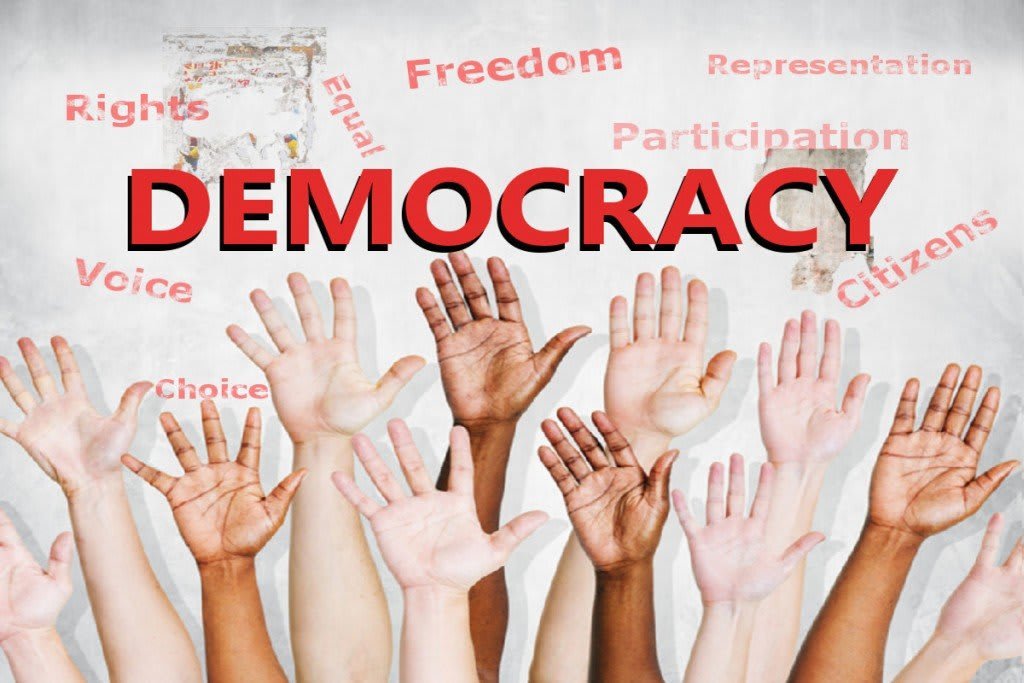Shazia Ramzan
The case for democracy in Pakistan remains incomplete as long as citizens do not recognize their own power or respect those individuals they send to parliament as their representatives. According to the Constitution of Pakistan, all sovereign authority belongs exclusively to the people, and this authority can only be exercised through their elected representatives, who are the true reflection of the public will.
At its core, democracy means that the decisions affecting economic, social, or foreign policy matters are implemented by those directly chosen by the people. Unfortunately, in Pakistan, this principle has been undermined. A culture has emerged in which politicians are routinely maligned, their reputations damaged, and the dominance of unelected institutions is celebrated—all of which erode public authority.
It is a troubling reality that bureaucracy, which should merely execute the decisions of elected officials, often plays an unannounced role in policy-making. Similarly, the judiciary sometimes issues rulings that are perceived as encroaching on parliamentary autonomy. Such institutional interventions have not only disrupted the democratic process but also confused public perception to the extent that many now regard unelected officials—not their own representatives—as the true centers of power.
Who is responsible for this state of affairs? The answer is simple: the public themselves. As long as citizens use their vote merely as a slogan for change, and persistently label politicians as corrupt or incompetent, democracy cannot be truly empowered or stabilized. Real democratic success depends on recognizing politicians as an institution—just as the judiciary and the armed forces are recognized as constitutional bodies, parliament too is a legitimate institution created by the people’s vote. To ridicule politicians is to insult our own choices, since these are the very people we have elected to represent us.
Another crucial aspect is that neither bureaucracy nor the judiciary can bear the direct responsibility for public welfare; these are technical and administrative bodies whose primary function is to implement—not make—public policy. When this institutional division is blurred, not only is governance weakened, but the entire state apparatus is set on a path to conflict.
Citizens must critique politicians, but such criticism should focus on their policies and performance—not on undermining their professional legitimacy. If we allow politics to become a term of abuse, we effectively surrender our authority to unelected institutions.
It is also vital to understand that if politicians are weak, it is the people’s duty to strengthen them—through constructive criticism, inquiry, and accountability, not wholesale rejection. Civic participation should be a source of pride; the youth must be encouraged to engage in politics, and representatives must be given the authority to legislate and craft policy according to the public’s needs. Only then can true democracy flourish.
Sustaining democracy requires restoring institutional balance. Every institution should function within its constitutional limits. The first step in returning power to elected officials is raising public awareness. Once people realize their destiny is tied to their vote, neither the bureaucracy, nor the establishment, nor the judiciary will be able to override their choices.
If we truly seek an independent, empowered, and progressive Pakistan, we must grant politicians the status that the Constitution affords them. We must empower them to legislate, represent us, and formulate policies in accordance with our needs. When politicians are empowered, the people themselves become empowered.
In conclusion, unless the public understands the importance of their elected representatives, they can never empower themselves—because the path to public authority leads solely through democracy, and the path to democracy is paved by politicians.
















